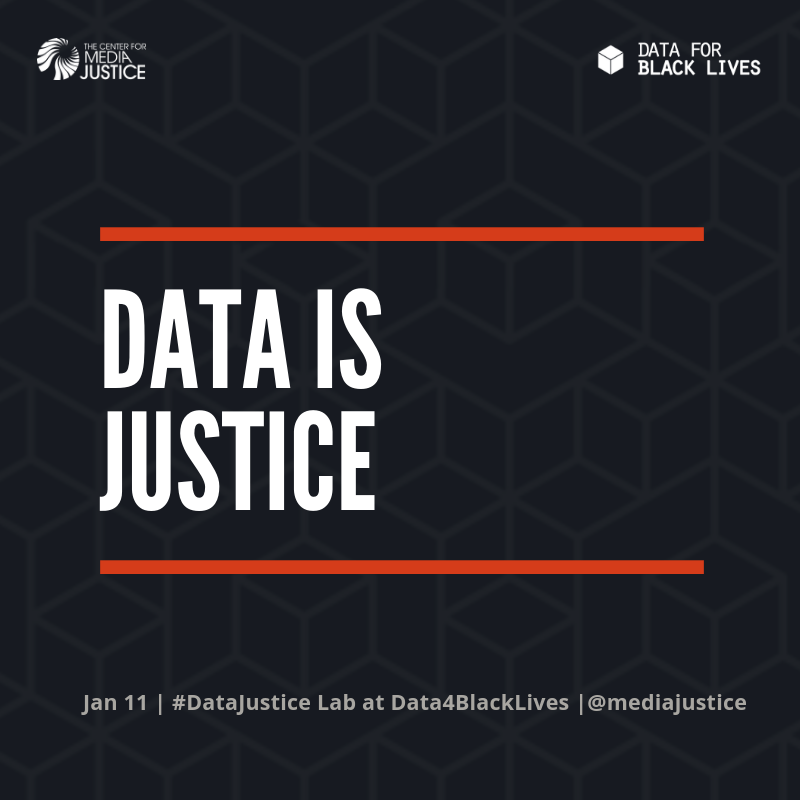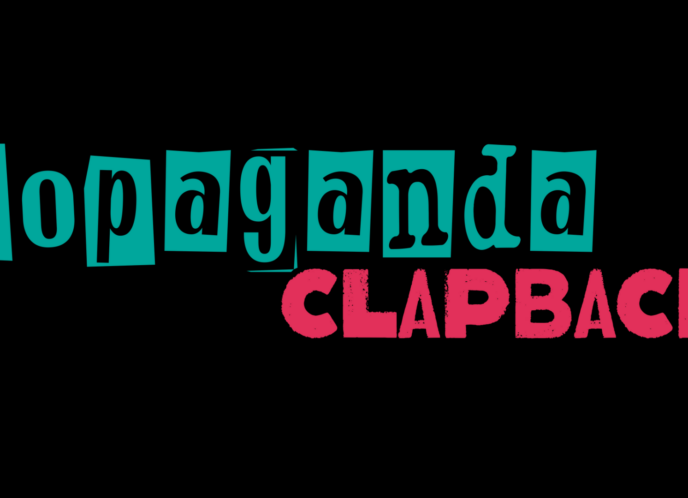In an era where nearly everything is digitized—from the purchases you make at the store to the content you interact with on social media—it’s no wonder why governments and corporations alike have encountered increasing public scrutiny for their data practices. Rightly, consumers and legislators are demanding answers as to what and how data is collected and used. Once scrappy startups claiming to “do no evil” or to create community online have rapidly become consolidated mega-corporations whose profits depend on the mass collection and monetization of our most personal habits on and offline.
As an organizer whose fight is situated within the digital justice movement, I began searching desperately for a convening, meet up, anything that was connecting the issue of data to the racial and economic justice fights of our time. Enter Data4BlackLives (D4BL), a conference that intentionally brings together activists, organizers, data scientists and practitioners to solve our communities’ most pressing issues.
D4BL’s inaugural conference, held in 2017, came with a specific call to action— demanding organizers and activists reclaim data, a tool that has historically been used against us, as a way to help liberate our communities. Specific intentions were also placed on calling data scientists to direct their skills to projects that would move us collectively towards the liberation of Black people in America. This year, the Center for Media Justice, in an effort to meet both the mission of our organization and D4BL’s call to action, will be bringing more than 20 activists, organizers, researchers, and data practitioners to our #DataJustice Lab, a pre-conference convening with the following goals in mind:
- Build and strengthen relationships between frontline community organizers of color, data scientists and technologists. Data scientists and organizers often operate in silos, restricting both groups’ ability to consistently collaborate on the pressing issues our movements are tackling. We want researchers and organizers to better understand each other’s roles and abilities in ending systemic oppression by collaborating more consistently.
- Identify a set of research questions that, if answered, would strengthen movements led by people of color. We want to provide space to incubate research questions organizers can use to advance their campaigns in local and national contexts.
- Increase movement literacy among data sectors in addition to increasing data literacy among activists and organizers. We are committed to making sure data researchers and practitioners are walking alongside organizers and activists answering questions that enhance the impacts our movements are making. Likewise, we are committed to strengthening understanding in movements of how to use data to make more impactful organizing decisions.
We know everyone can’t join us at D4BL but we still want and need to hear from you. For live updates throughout our pre-convening and the conference, follow @mediajustice on Twitter and Instagram and Center for Media Justice on Facebook. Finally, join the conversation by using #DataJustice to share how you believe data can help strengthen our movements.



